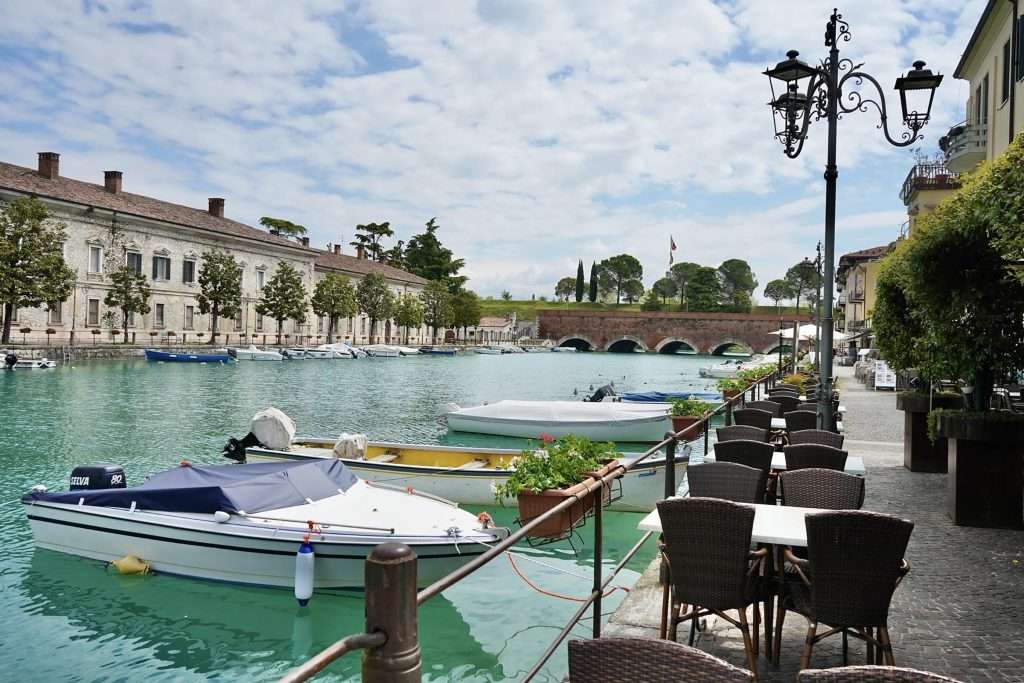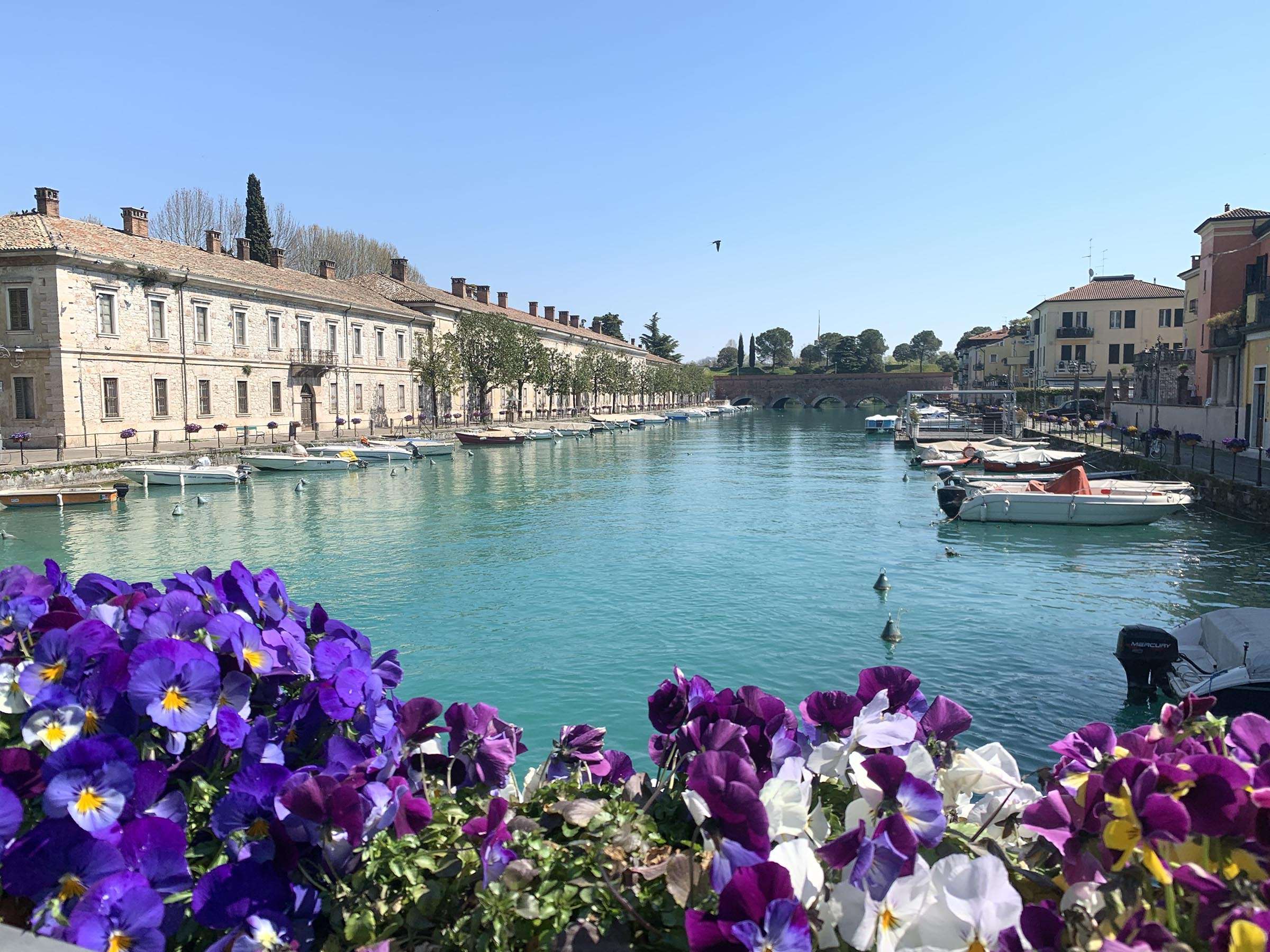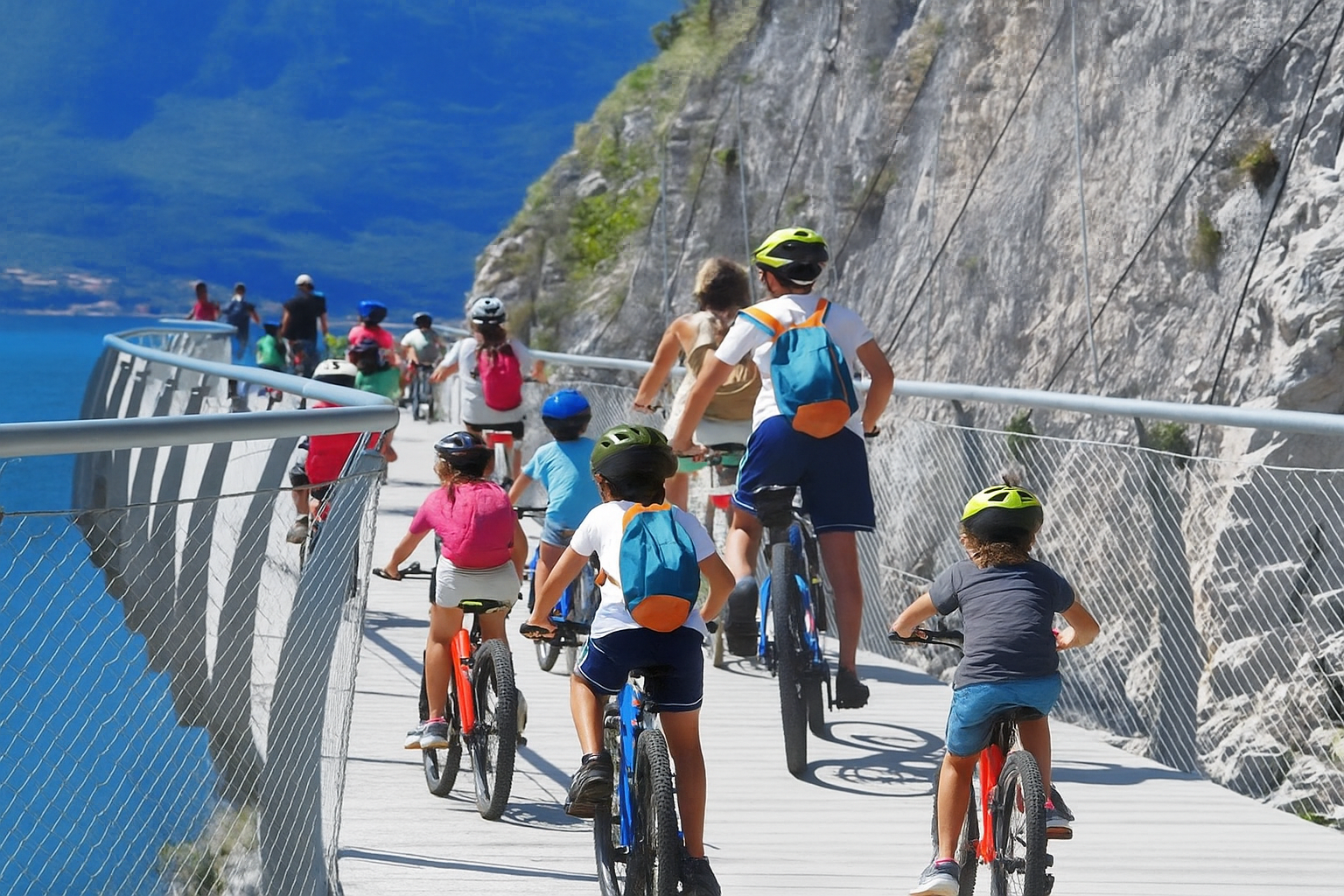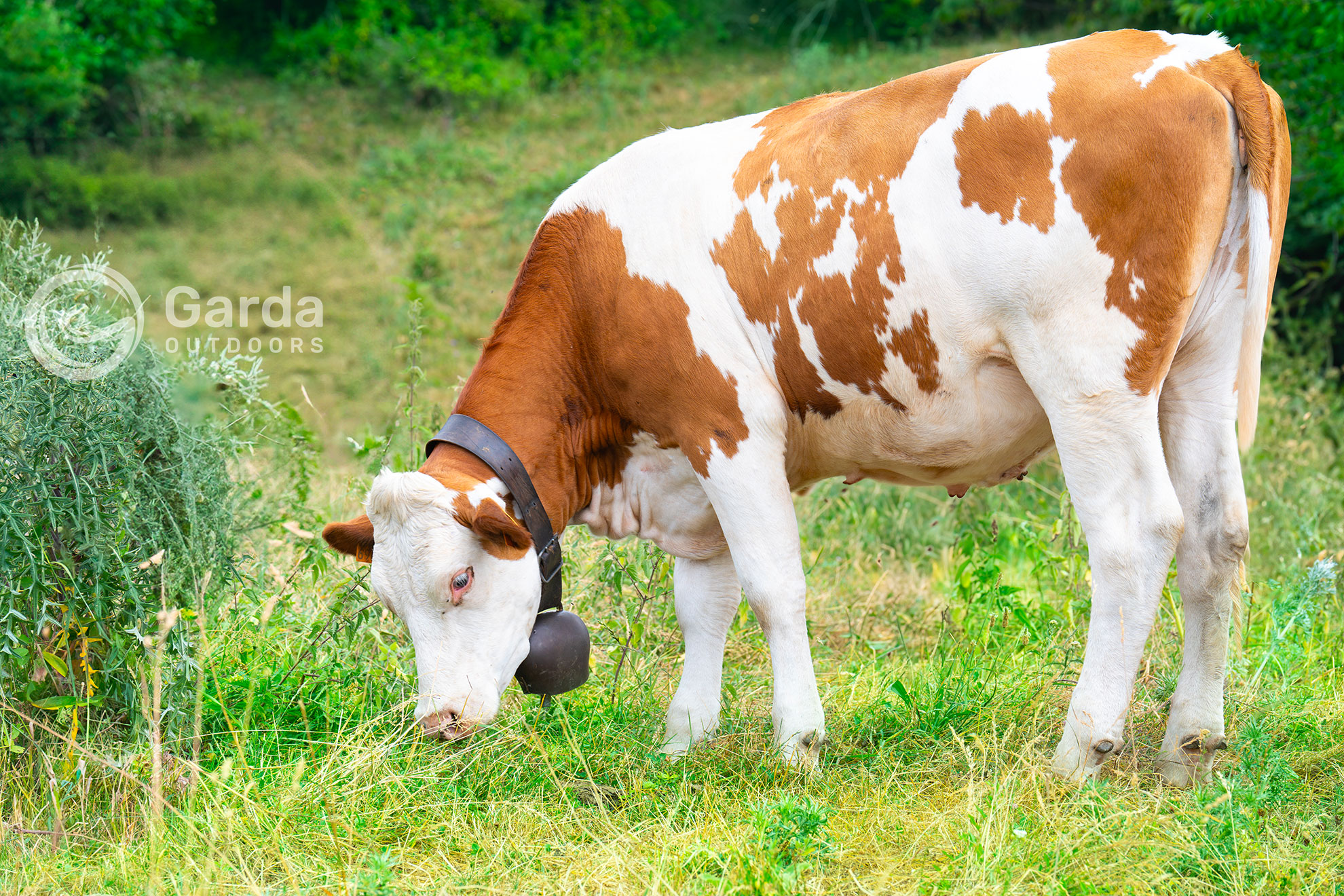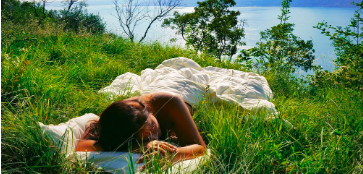Those who visit Peschiera for the first time immediately notice its uniqueness. It is a fortified city, built within a network of canals created for defensive purposes which then merge to form the Mincio River. Its particular shape makes it different from all the other towns on Lake Garda.
Peschiera has a delightful historic center that overlooks the lower shore of the lake, and is located 25 kilometers from Verona. Founded by the Scaligeri, this town has much more than a beautiful landscape and a few walks along the shore: it hides treasures and local traditions that have made history.
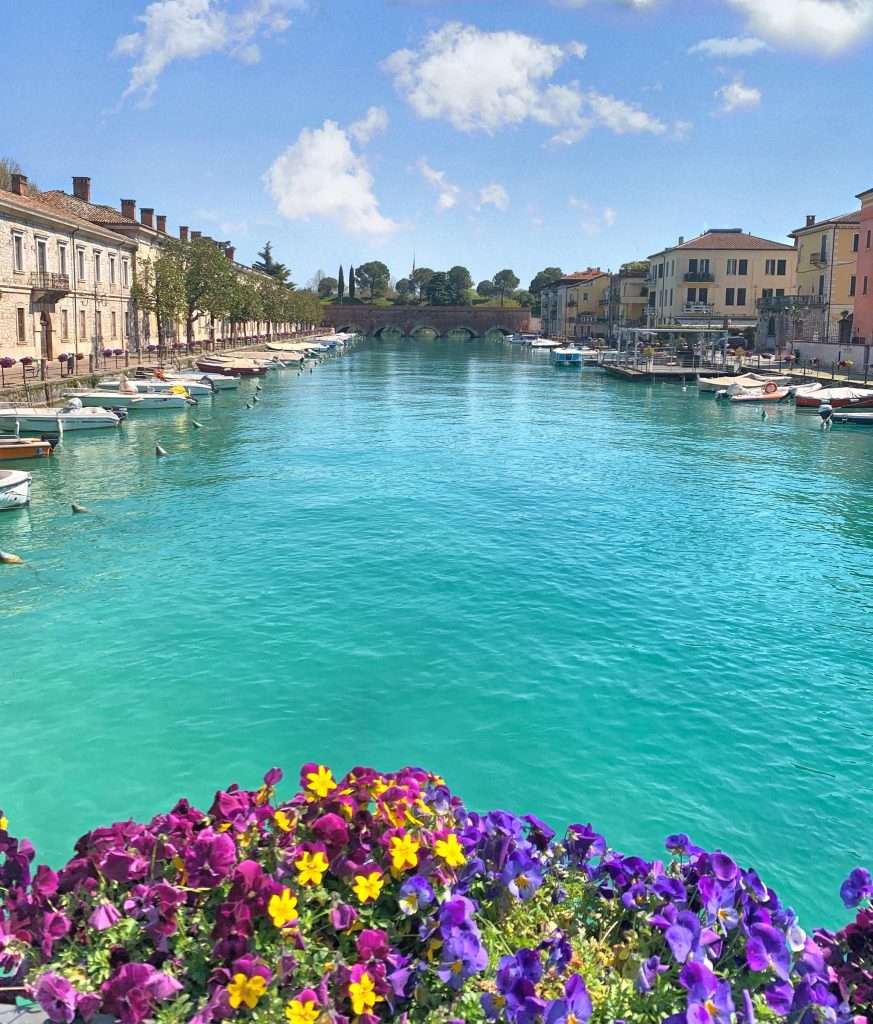
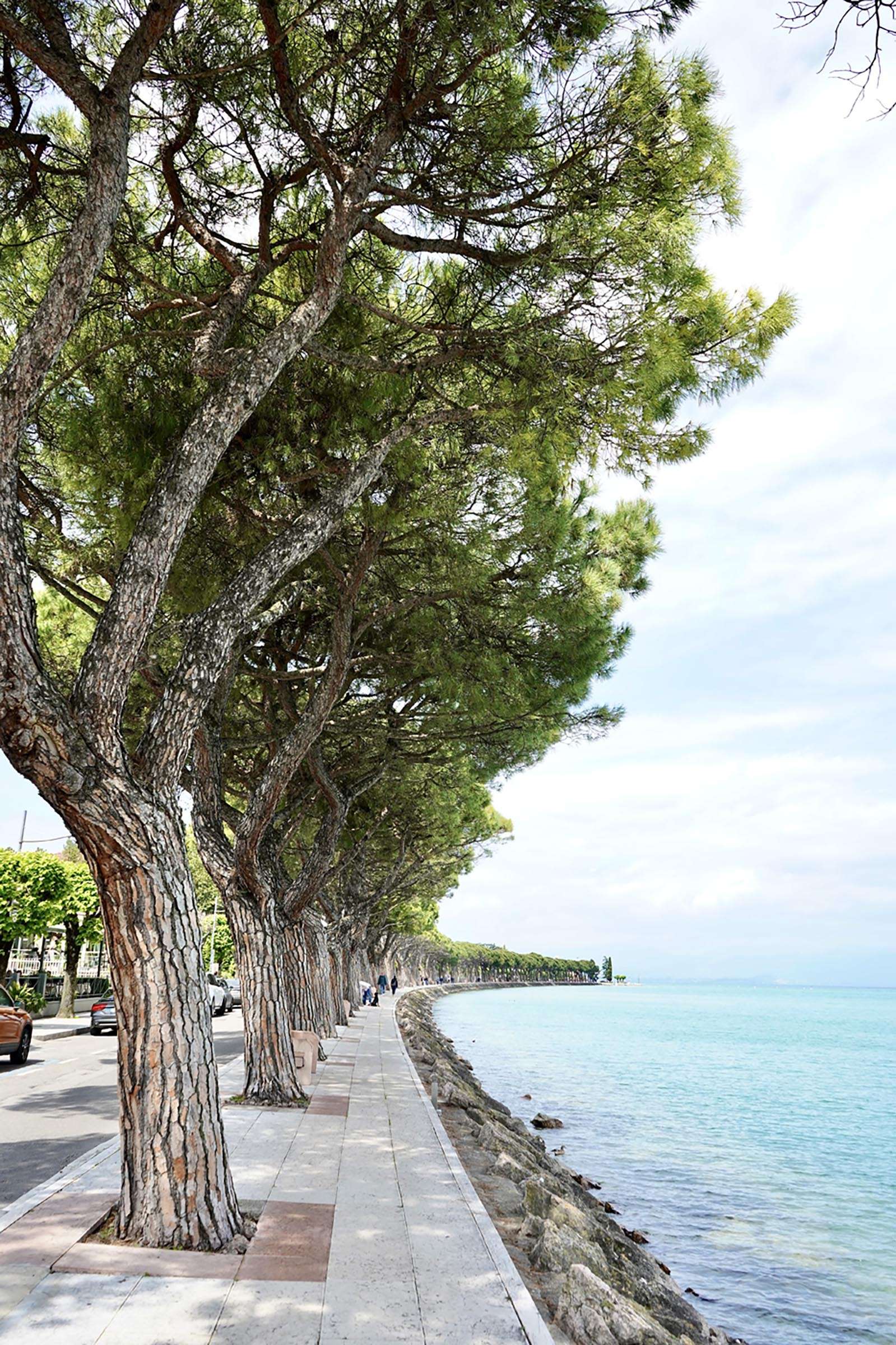
Peschiera del Garda between curiosities and history.
Attila’s defeat. Near Peschiera, near Salionze sul Mincio, tradition reports that in 492 Pope Leo I stopped Attila “The Scourge of God” without weapons, after a campaign of conquest and destruction initiated by the territories of Asia Minor.
The saga of movies about pirates. Lake Garda in the 60s was used as a location to shoot some pirate-themed movies, with several towns that were transformed for the occasion thanks to special scenography. One of the cities involved was Peschiera, which became a small Cinecittà del Nord, complete with warehouses, villages and fake vessels built with old fishing boats.
What to visit in a day trip of Peschiera.
The historic centre.
Peschiera deserves a nice walk in its delightful old town, among alleys, ramparts, squares, churches, historic buildings and… many clubs, restaurants and shops!
Let’s start with the Fortress of Peschiera, more commonly called Rocca, which has enclosed the town since the sixteenth century in its imposing pentagonal-shaped walls, between ramparts, bridges and access gates, defending it in the past from attackers.
Here comes the emissary of Lake Garda, the Mincio river, whose natural course was modified precisely to allow the construction of the Fortress; in fact, three outlet branches from the lake were built, which then meet south of the town.
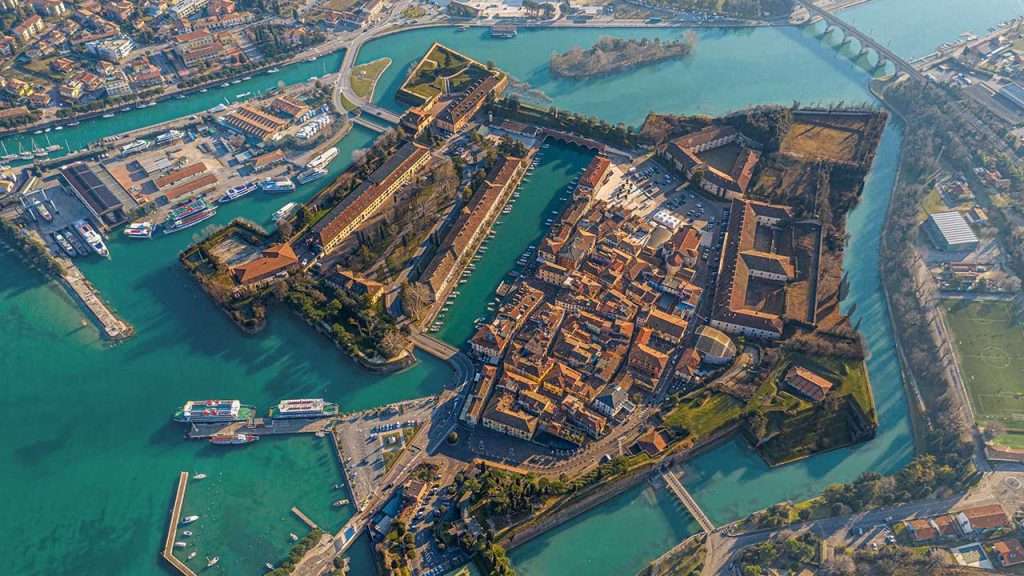
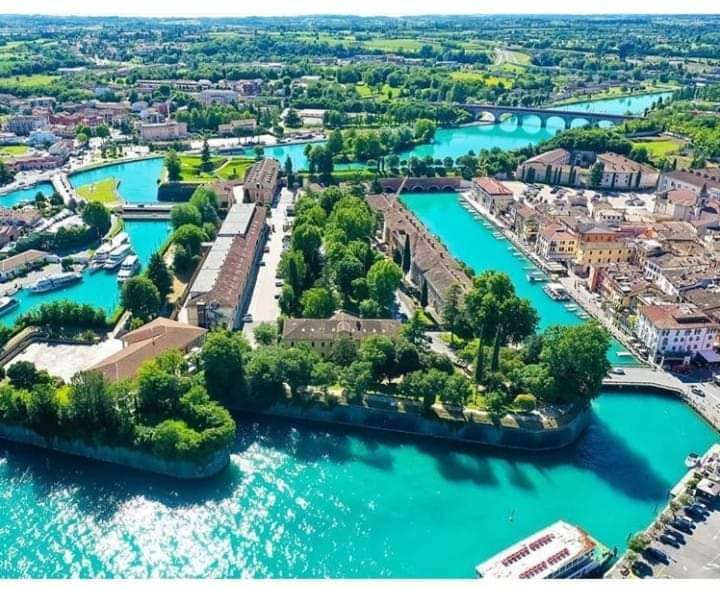
Worth visiting are the Museum of the Historic Building. It is here that, after the defeat of Caporetto, the glorious resistance on the Piave river was organised. Inside, the room where, on 8 November 1917, King Vittorio Emanuele III and the allies gathered for the historic Peschiera Conference, has remained intact ever since. Opposite is the Parco Catullo, which in the medieval period was called Trans Mincio. A curiosity: this park, in the medieval period, was intended for the cultivation of vegetables, for the sustenance of life in the fortress.
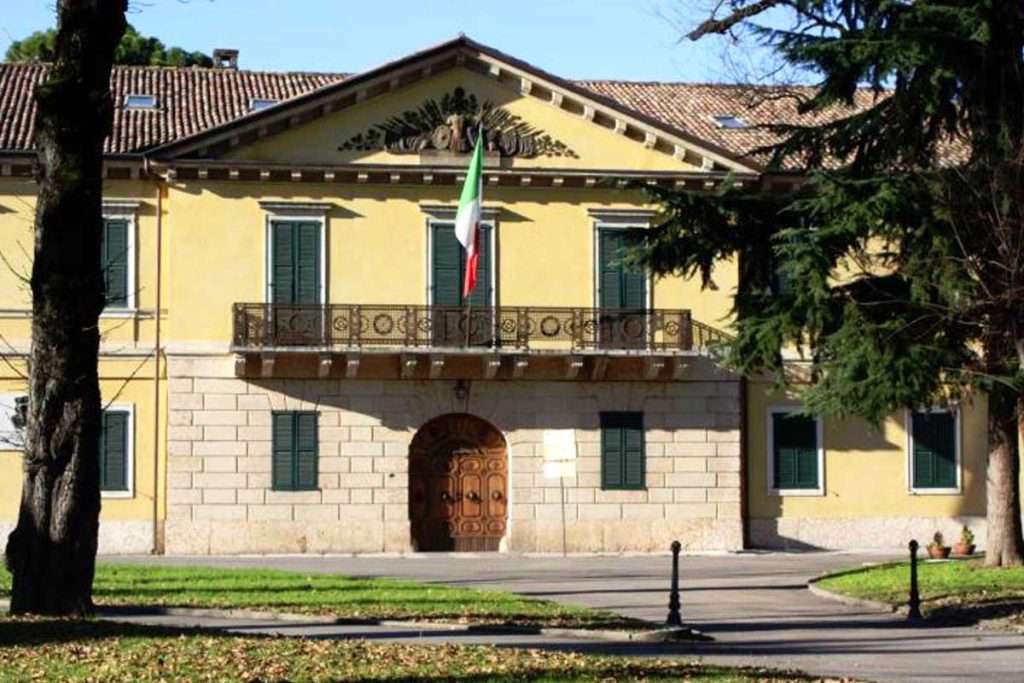
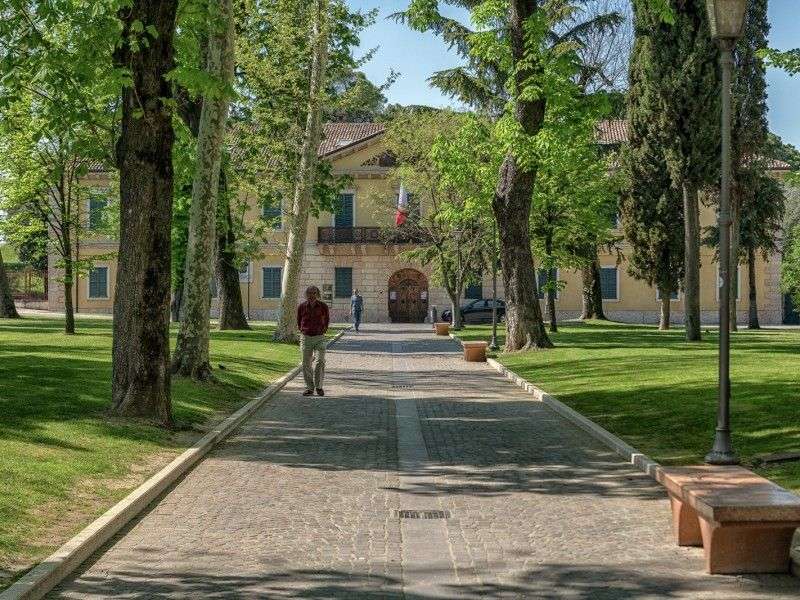
Then we find the Porta Verona Artillery Barracks built between 1854 and 1857 by Radetzky, it was opened to the public after meticulous restoration. The yellow and red colors stand out, symbols of the Italian and Austrian artillery. In the internal courtyard there are theatrical and musical performances; in the attic and on the first floor exhibitions, reviews and exhibitions, conferences and conventions are held. It is also possible to visit the historical archive and the civic library with spaces for consultation and reading.
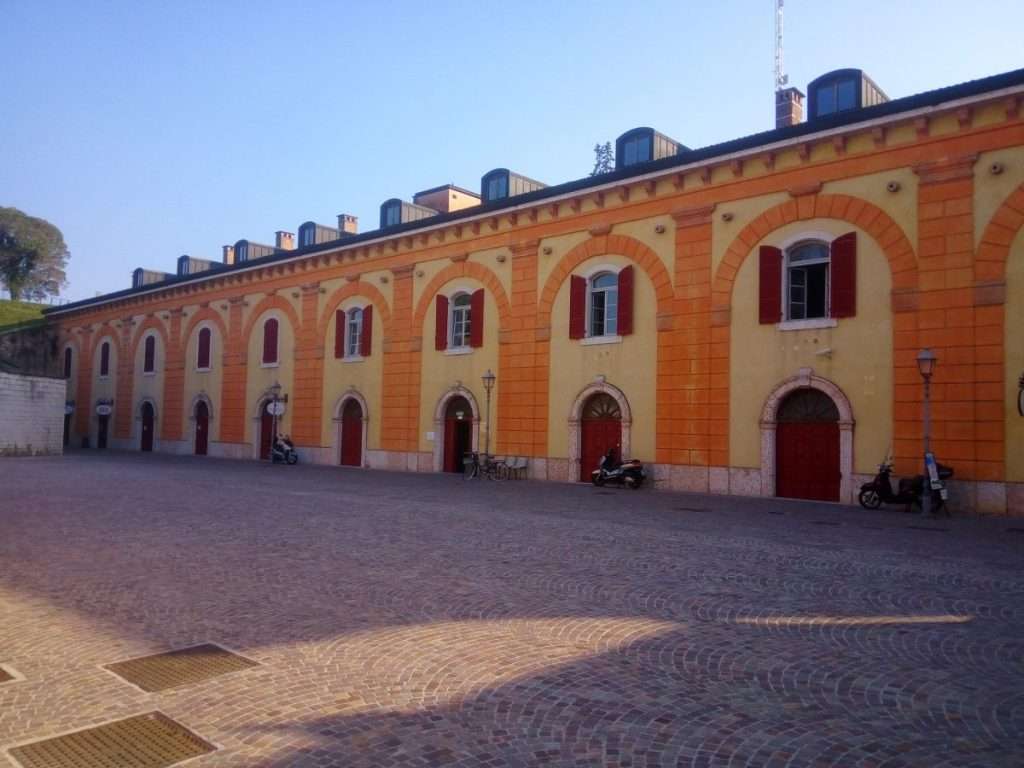
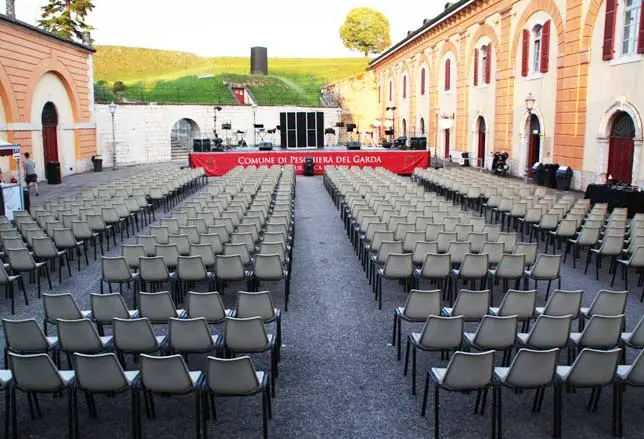
Continuing the walk south of Peschiera, you arrive at the vast Piazza Ferdinando di Savoia, better known as Piazza d’Armi. Overlooking the square, the long building of the military prison and the parish church of San Martino, right next to where the remains of the Roman-era town were found, probably built towards the end of the first century BC.
From there, continue your walk across the sixteenth-century Ponte dei Voltoni, with its beautiful terracotta arches, overlooking the Canale di Mezzo, where all the fishermen’s boats stop.
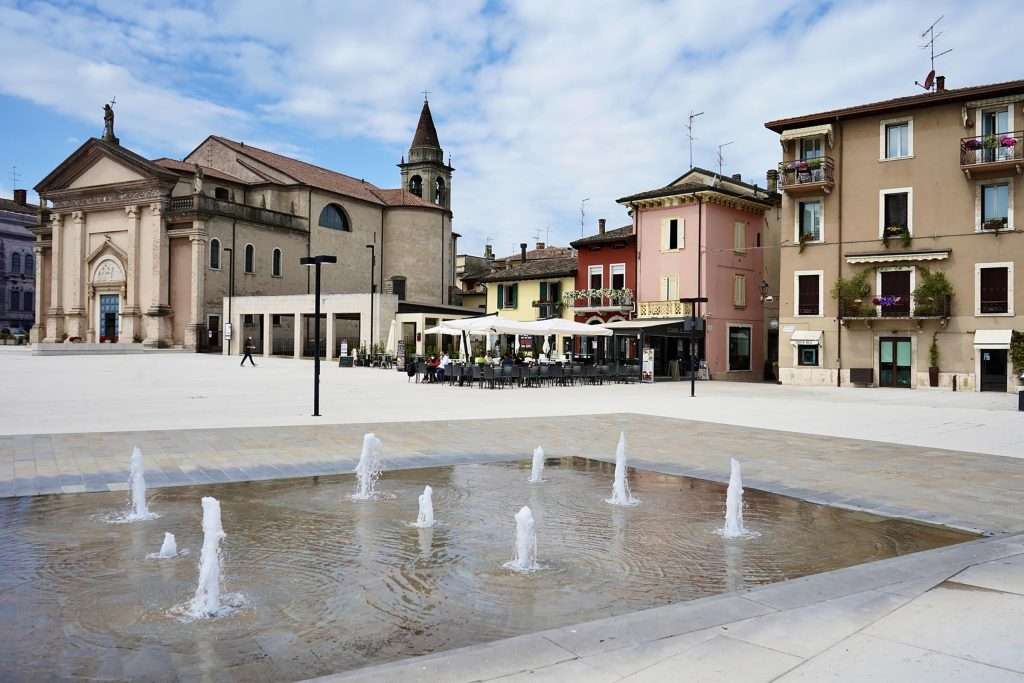
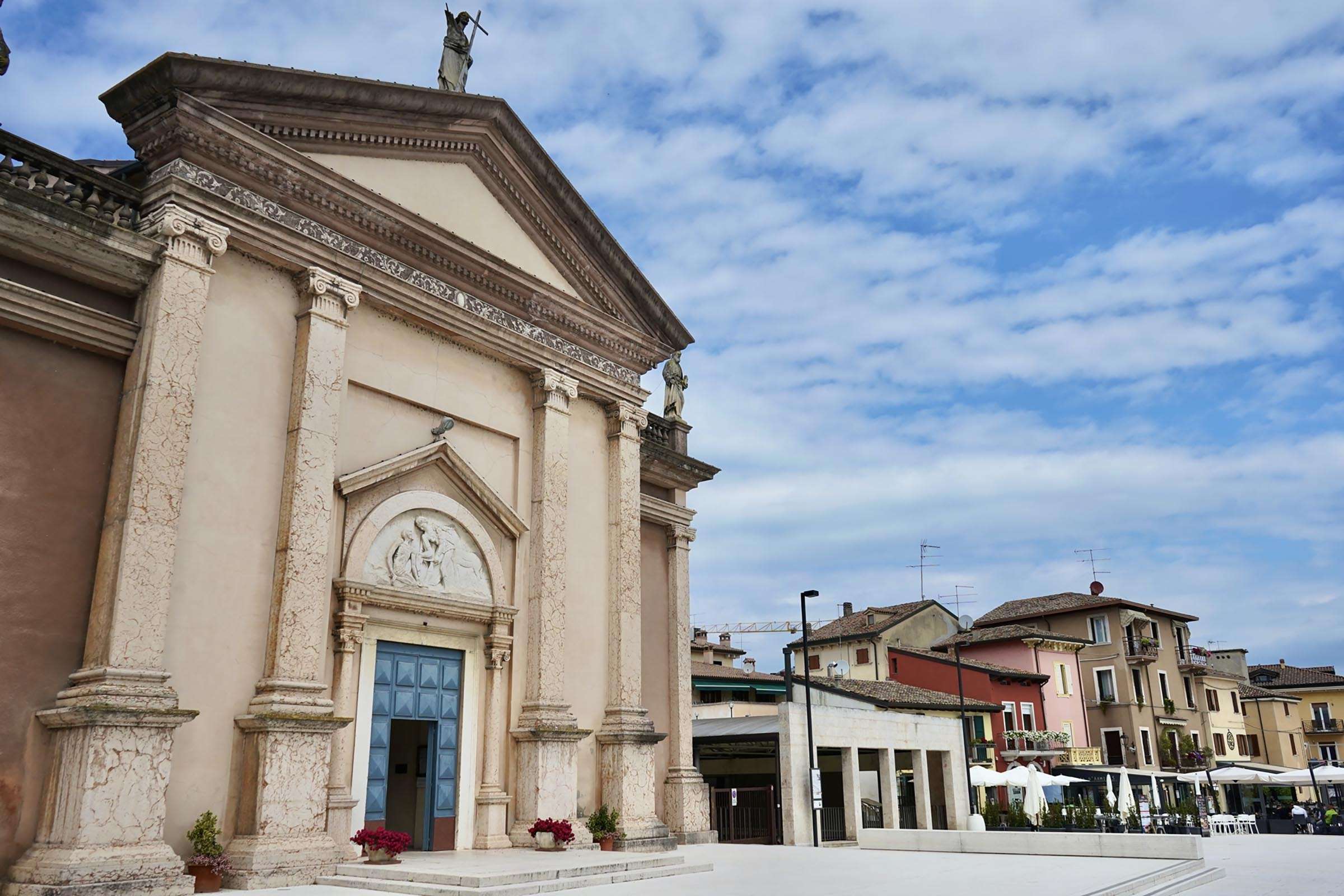
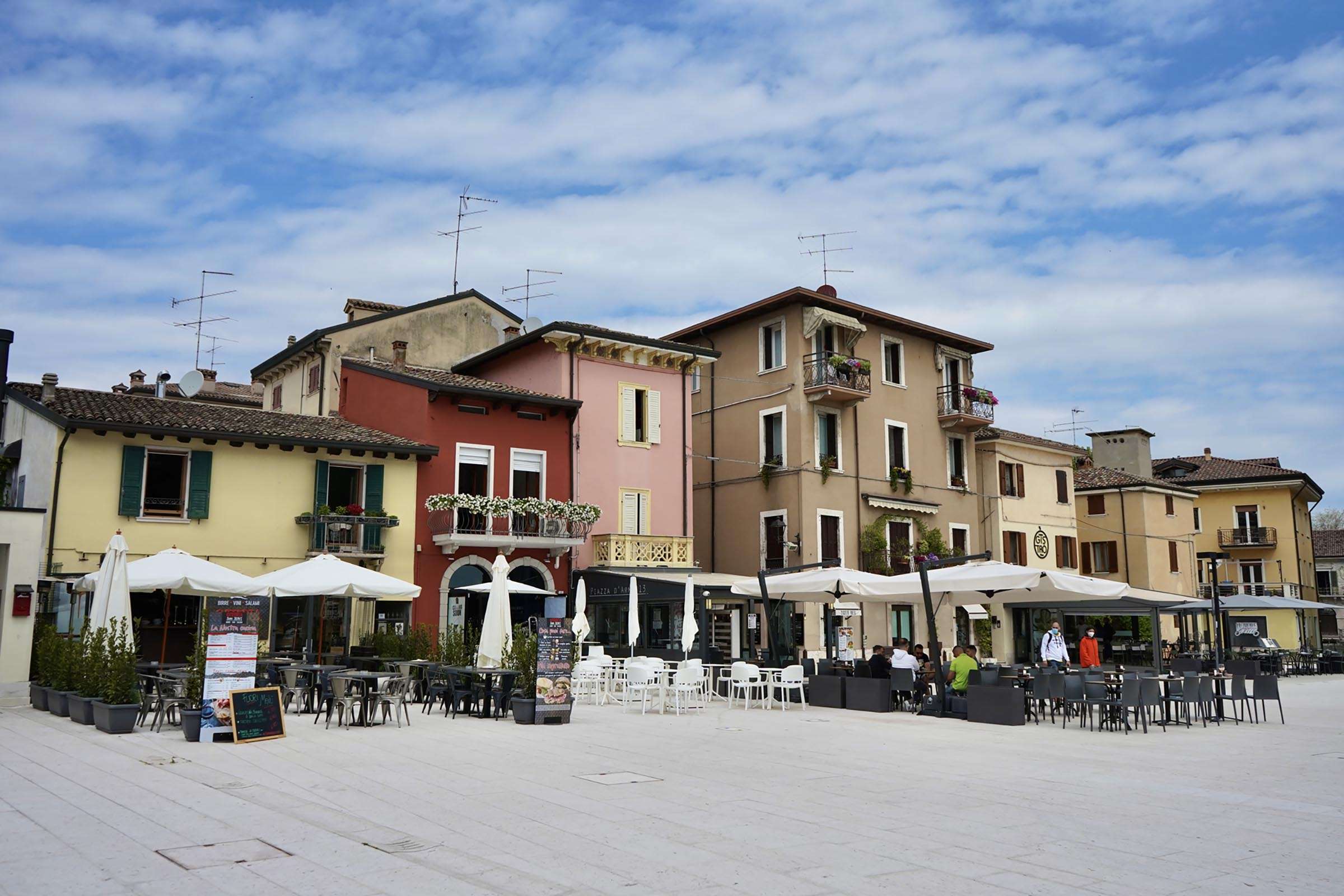
Sanctuary of the Madonna del Frassino.
The Sanctuary, in addition to being an important religious site, is rich in wonderful works of art: there are paintings by Paolo Farinati, Giovanni Andrea Bertanza, Zeno of Verona and Muttoni the Younger. Inside there is a terracotta statuette of the Madonna, which represents the origin of the sanctuary.
It is said that on May 11, 1510 the farmer Bartolomeo Broglia, attacked by a snake, saw that statuette among the branches of an ash tree. The farmer begged the Madonna to save him and immediately the snake moved away. A few days later the statue was delivered to the archpriest of Peschiera, who took it to the church of the discipline, but during the night it disappeared and was found on the same ash tree where Bartolomeo had seen it for the first time. A little over a year later, the Catholic Roberto Stuart, general commander of the French troops, laid the first stone to build the sanctuary of Peschiera.
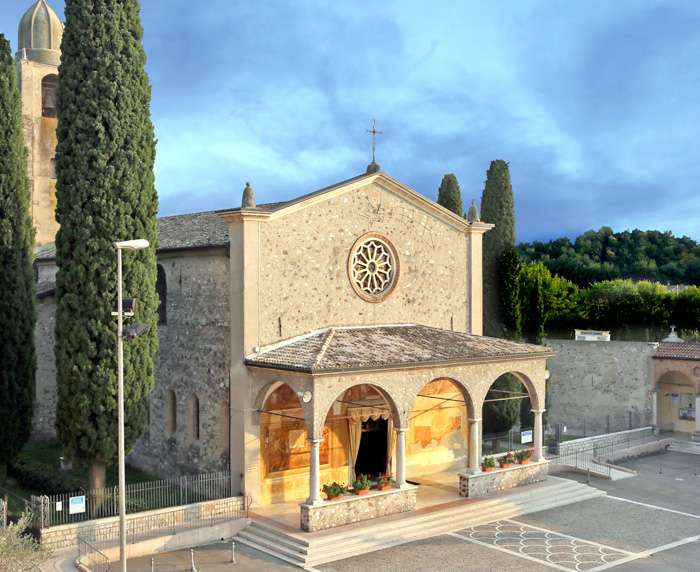
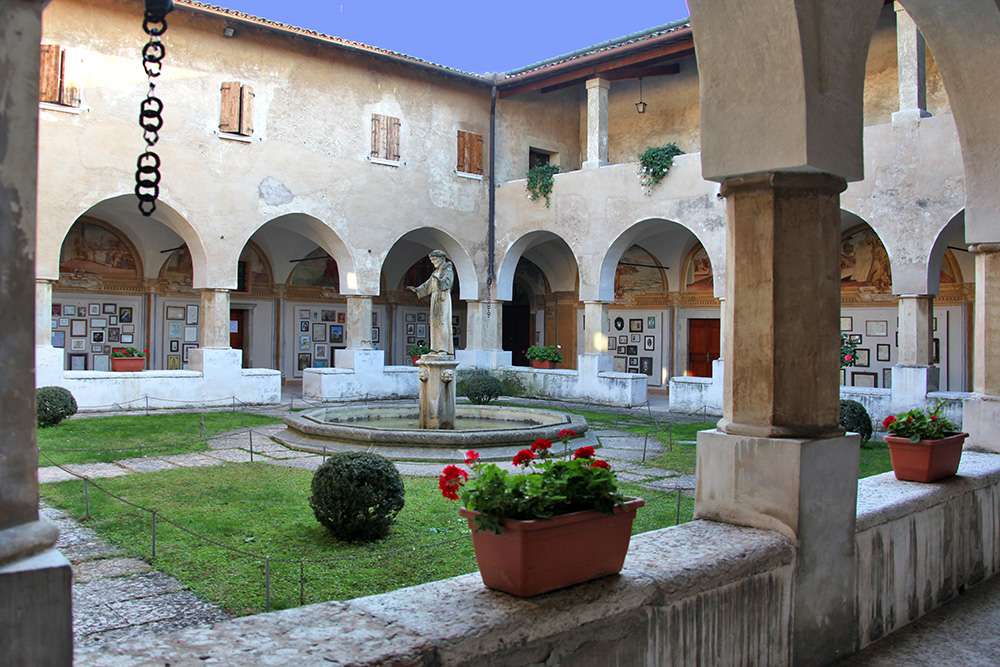
The lake Frassino.
In Peschiera del Garda, in the area of San Benedetto di Lugana, there is a small lake with a maximum depth of 15 meters, formed following the retreat of the great Benaco glacier. Despite its small size, this body of water is an important naturalistic area due to the variety of species found on its banks.
Precisely because of its faunal and floral peculiarities, it is a biotope of European significance as well as a protected natural oasis. Inside there is also one of the prehistoric pile-dwelling sites in the Alps, included since 2011 in the list of the Unesco World Heritage Site.
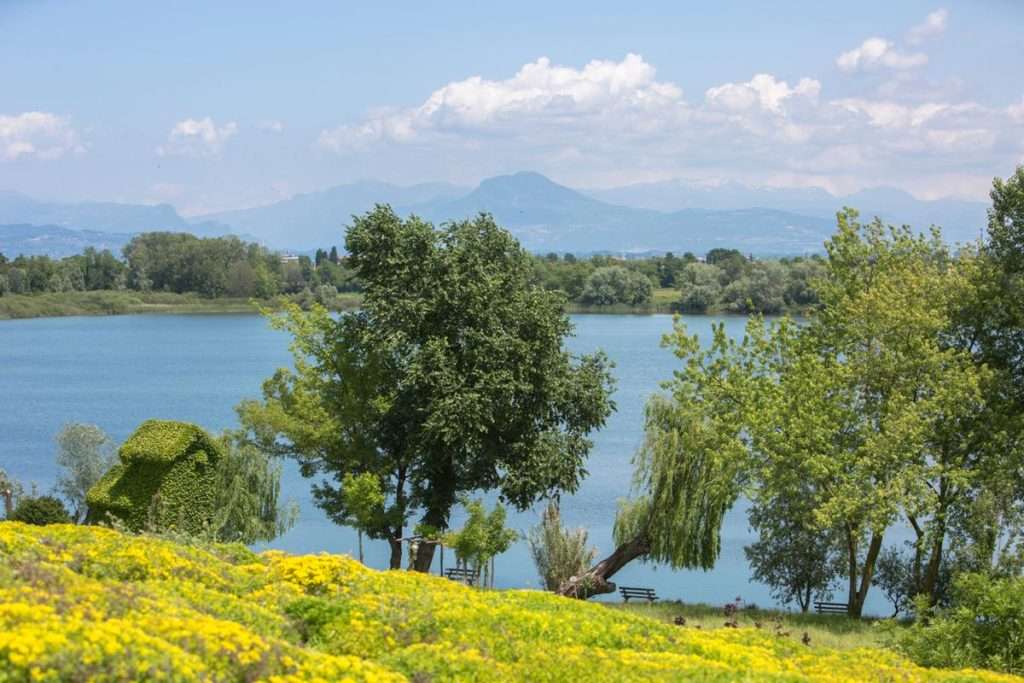
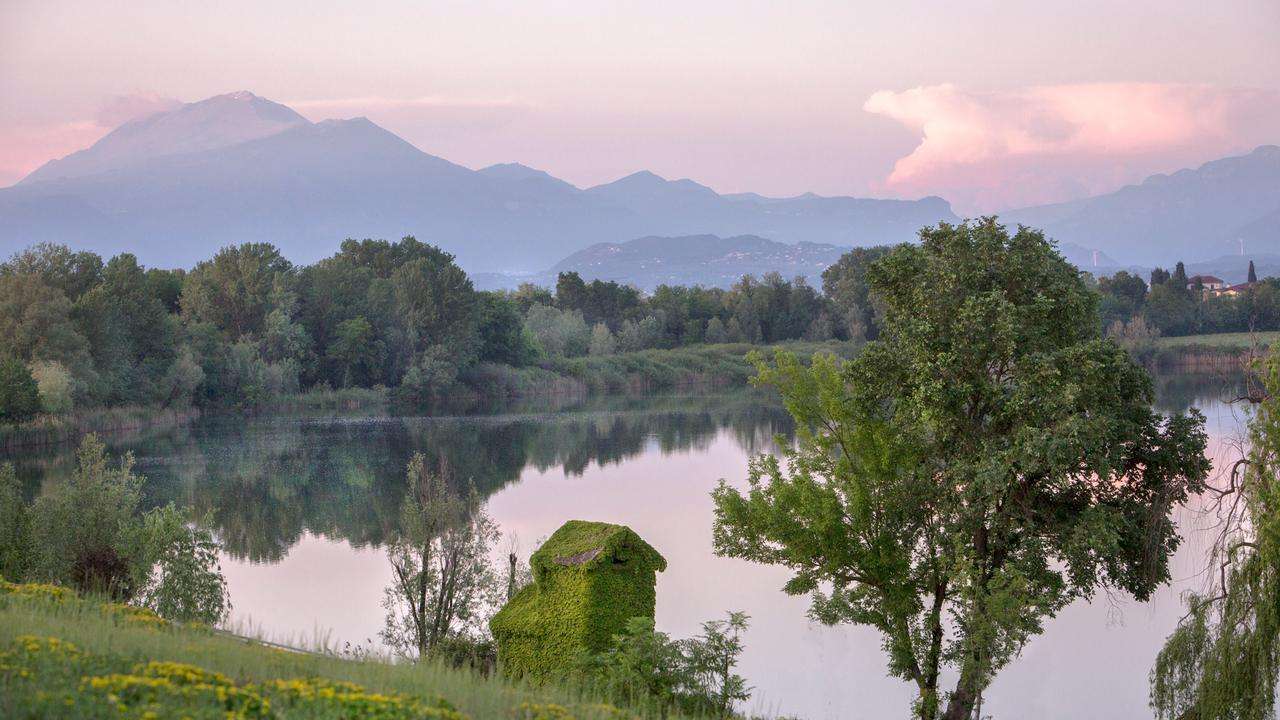
What to do in a day trip of Peschiera.
A tour on a boat.
The boats depart from the small port at Piazzale Cesare Betteloni for numerous trips on the lake and to reach the other villages. For timetables, fares and tickets, consult the official site.
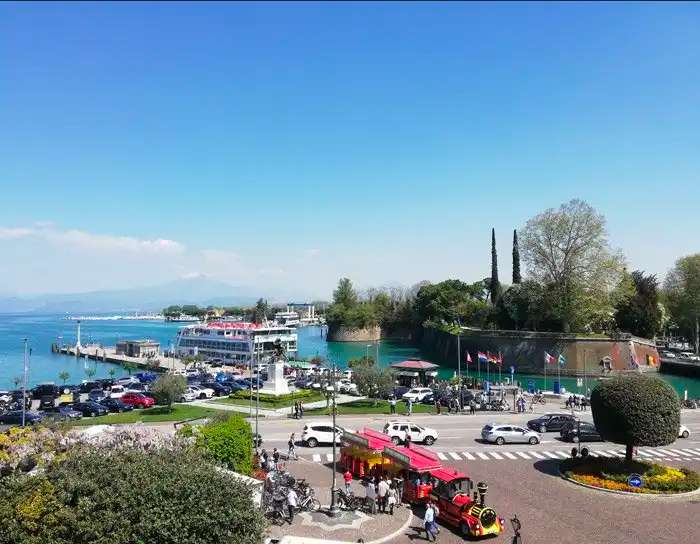
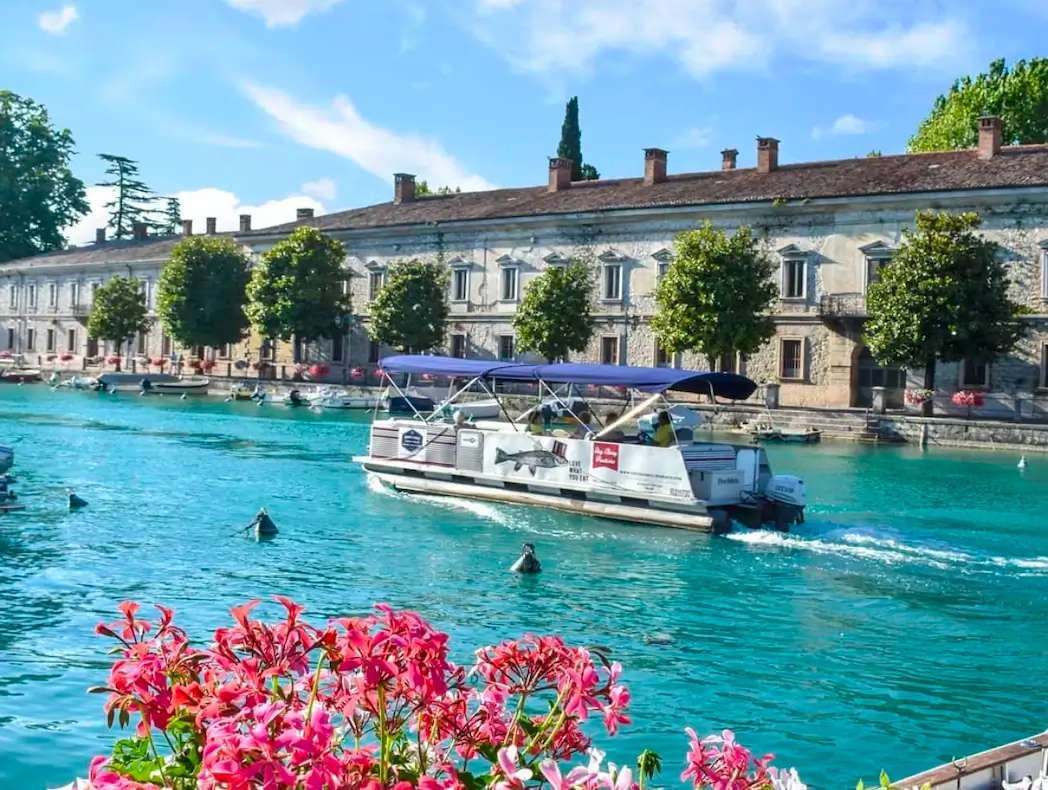
A gondola ride.
And who said that gondolas are only in Venice and at the Venetian Resort in Las Vegas? Even in Peschiera you can take a suggestive tour with this historic boat to fully enjoy the town seen from the canals. For more info click here.
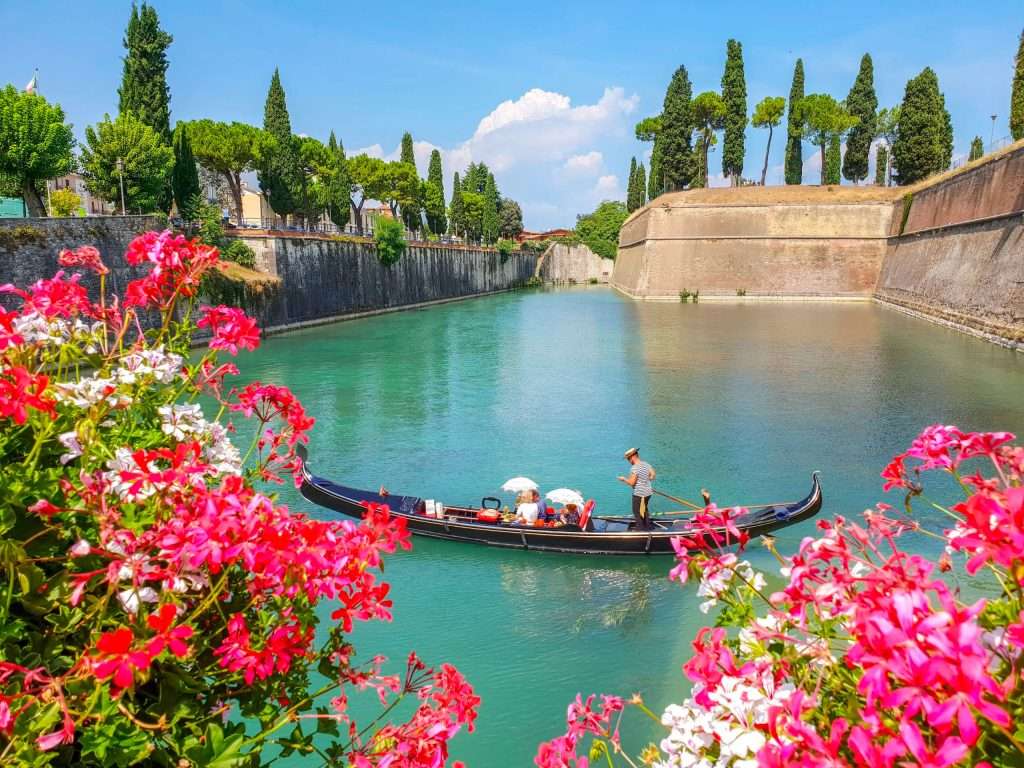
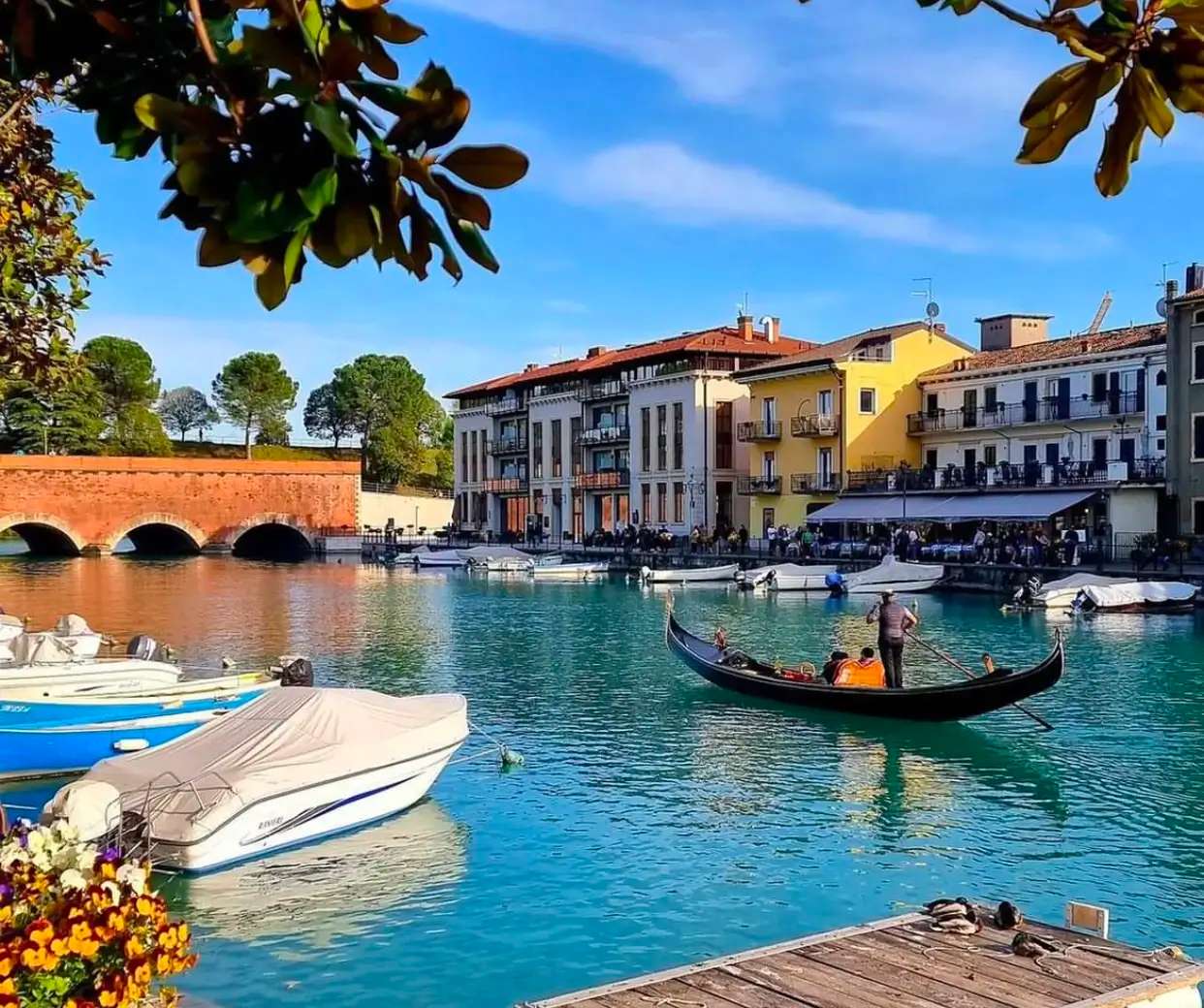
Discovering the surroundings by bike.
Slow Tourism par excellence: the bicycle. We recommend a nice ride along the Mincio river to reach one of the most beautiful villages in Italy: Borghetto sul Mincio. Or you can head towards Mantova and its lakes. To organize the trip and get the best advice click here.
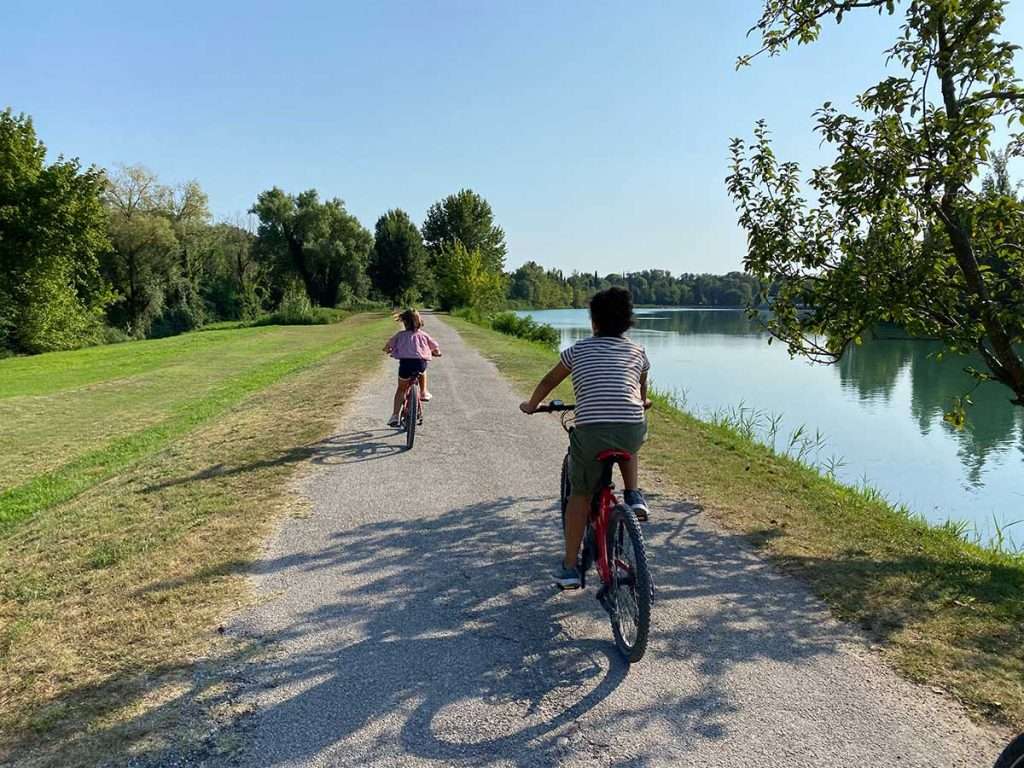
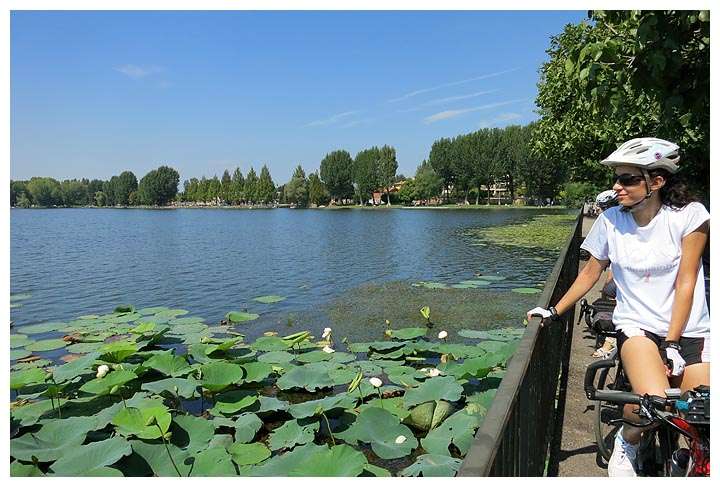
A day trip at the beach.
Peschiera offers numerous beautiful beaches, both equipped (click here ) and for dogs (click here).
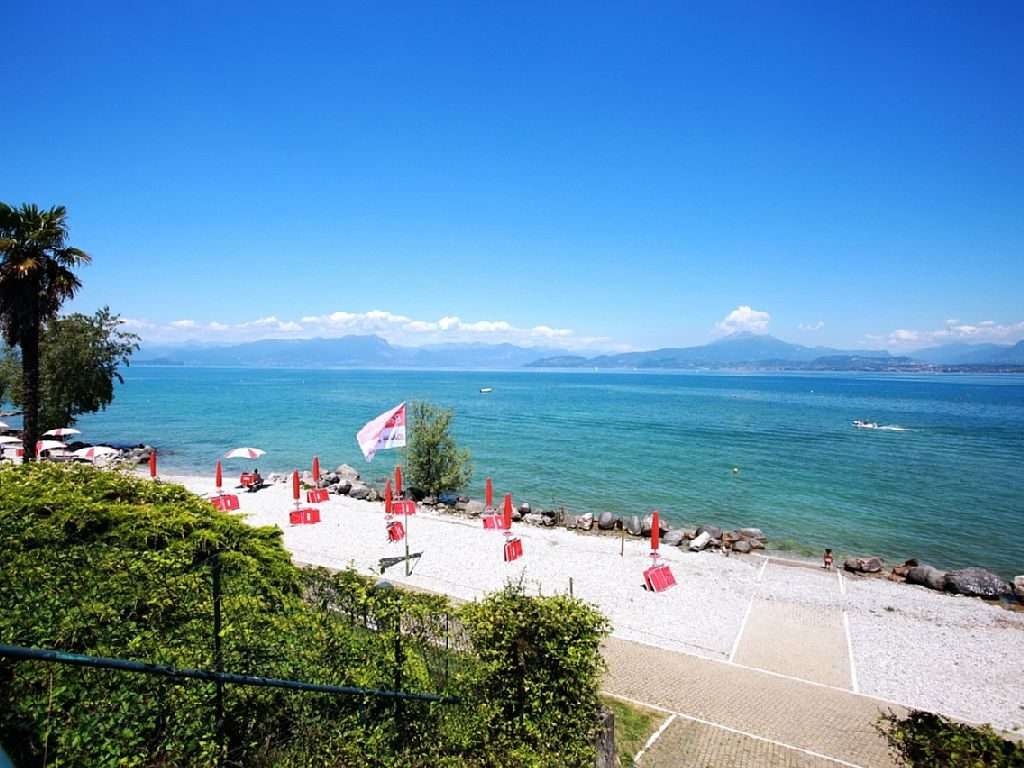
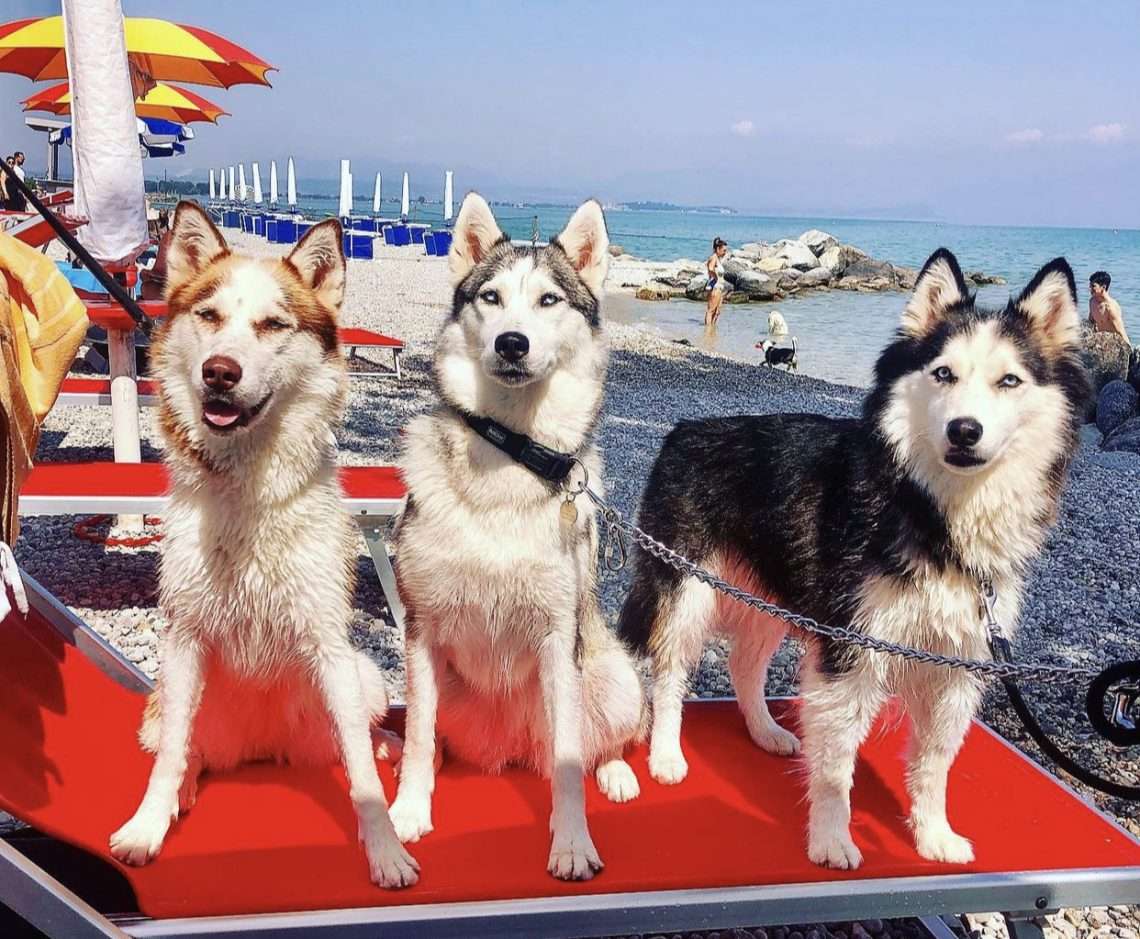
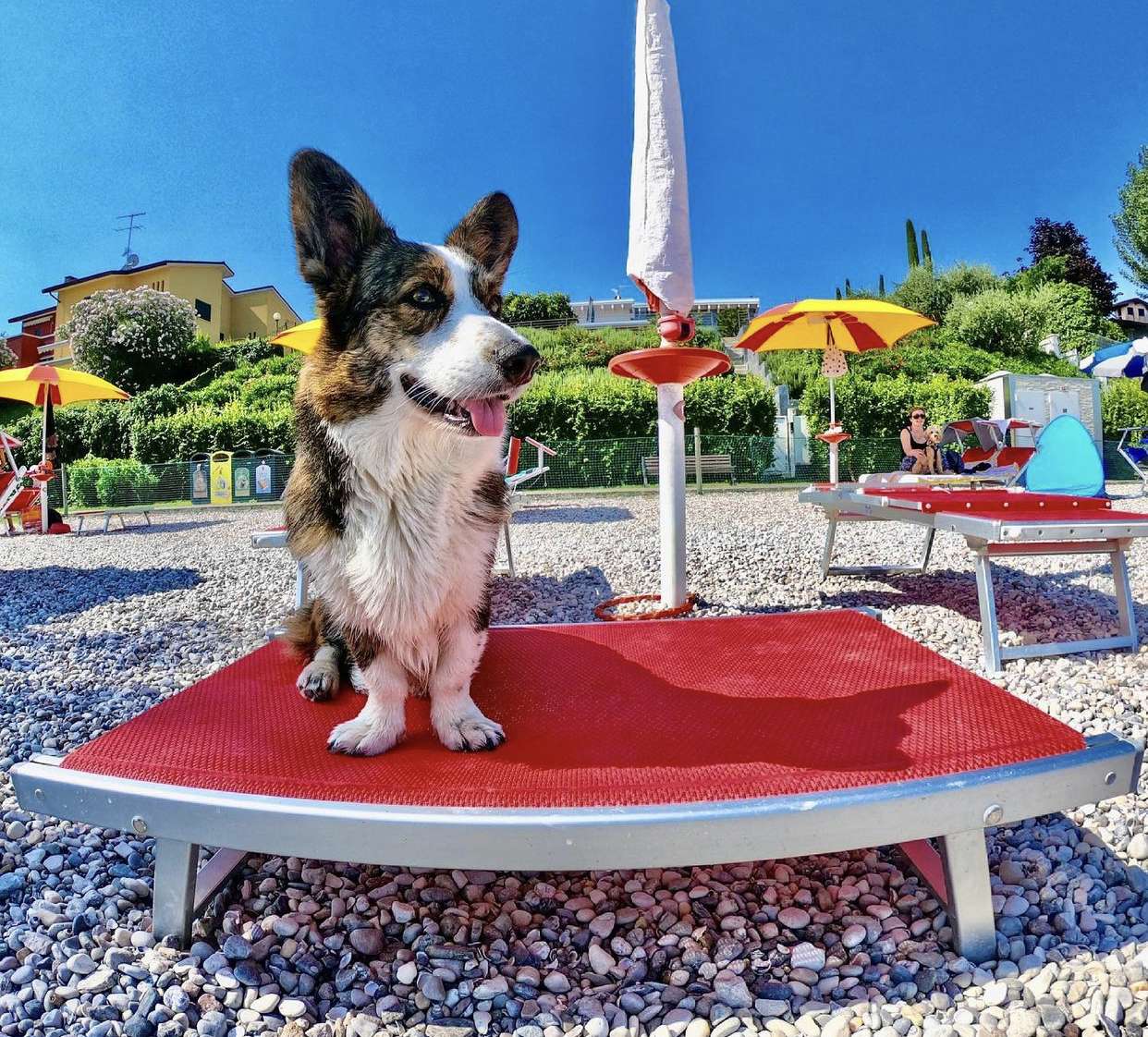
See you next time dear Outdoors!
Silvia Turazza – Garda Outdoors editorial team
